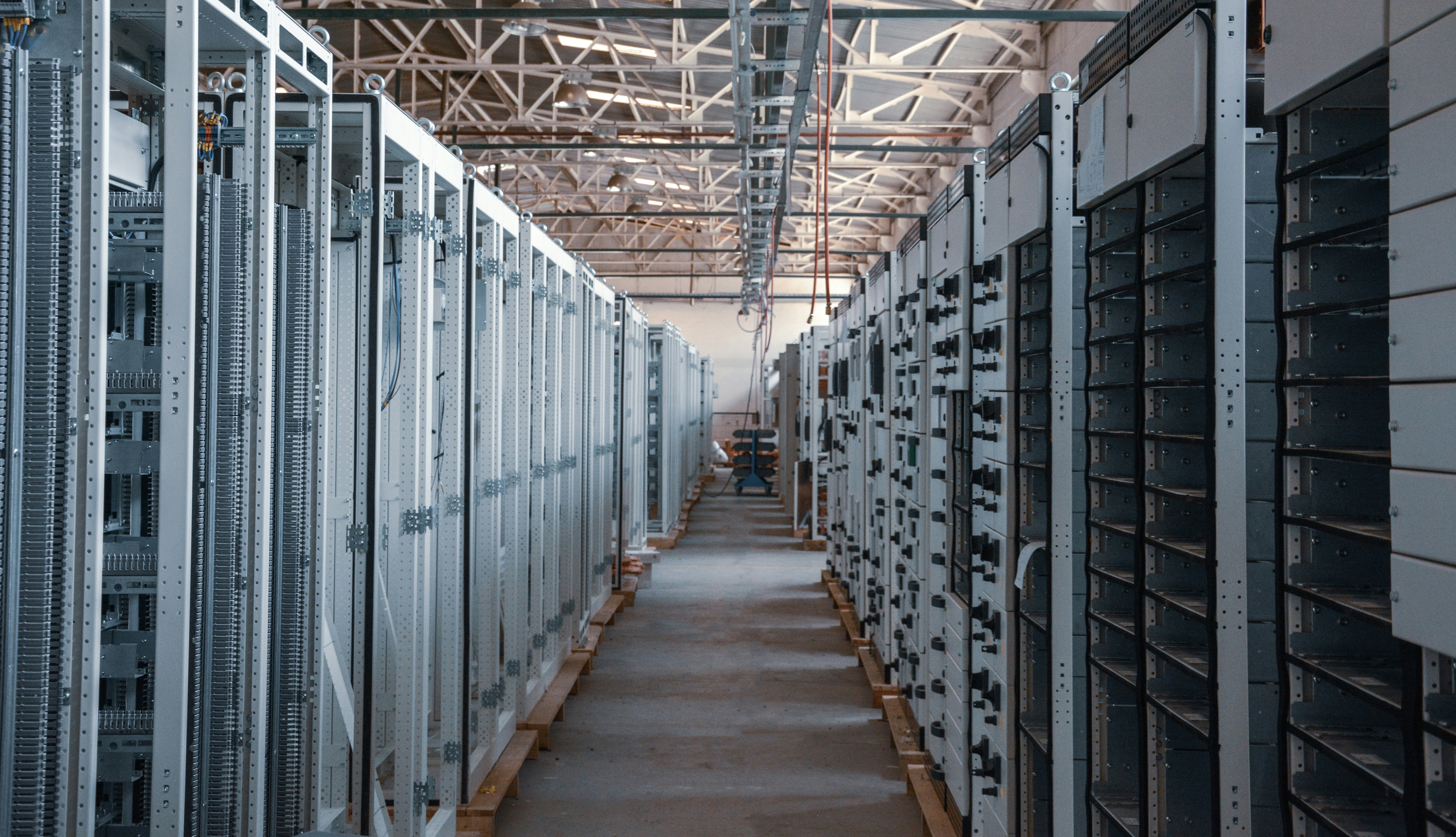Striking a Sustainable Balance: Data-Centres, Growth & the UK’s Tech Future
As the UK braces for a surge in data-centre development—some reports suggest nearly a fifth increase, with close to 100 new facilities planned, particularly clustered around London and the South East—the scale of this digital infrastructure push is impossible to ignore. At the same time, existing facilities are projected to double their energy consumption—driven by ever-growing data demand, AI innovation, and increasingly data-intensive applications.
Undoubtedly, data-centres are now critical national infrastructure, powering AI innovations, remote working, and the sheer volume of data flowing across our economy. They fuel jobs, investment, and technological leadership. Yet, this growth brings stark trade-offs:
-
Land use: Many proposals directly encroach on precious green-belt land—such as the controversial facility in Potters Bar—undermining conservation and community value.
-
Utility strain: More critically, the cumulative energy and water demands are concerning. Industry analysis warns these developments might add up to 71 terawatt-hours of electricity over the next 25 years—a strain on our grid and potentially on household bills .
-
Water usage: Cooling systems in data-centres can gulp enormous volumes of water—sometimes as much as what 50,000 homes may use—intensifying pressure on water resources.
This raises a pressing question: how do we remain a leading global technology hub without tipping the balance against our environment and communities?

A Thought to Ponder: Growth Without Extraction?
As business leaders and individuals, how can we champion the cutting-edge of technology without extracting value at the expense of our environment and communities?
Perhaps it's time to shift our thinking—not just more computing power, but smarter & cleaner power. This means:
-
Prioritising brownfield redevelopment over green belt encroachment.
-
Investing aggressively in renewable energy—offshore wind, solar, grid flexibility—to offset carbon and utility burdens.
-
Adopting innovative cooling technologies, like dry-cooling or closed-loop systems, to reduce water dependency.
-
Embedding environmental mindfulness into procurement decisions: can we contract providers based on sustainability credentials as much as performance benchmarks?
- Optimising data and storage efficiency at point of entry to ensure we're not wasteful in data storage and retention practices.
Why Mindfulness Now Matters
We are at a juncture where the UK’s status as a global tech hub could be defined by the kind of growth we choose. Aggressive expansion without environmental safeguards risks alienating communities, increasing utility bills, and eroding public trust. Conversely, thoughtful, sustainable scaling positions us as leaders—not just in AI or cloud, but in responsible innovation.
Data compression, efficient coding, and intelligent storage strategies can reduce the need for vast amounts of new infrastructure. Not every problem demands “bigger and more”—sometimes the answer lies in “leaner and smarter.”
If we’re to write a better story for UK tech—one where ambition goes hand in hand with stewardship—it starts with this: redefine success to be both bold and benevolent.
As individuals, businesses, and policymakers, we need to ask ourselves: are we building technology to serve society, or forcing society to serve technology? Let’s build a future where high-performance infrastructure coexists with healthy ecosystems and thriving communities. Tech that serves us all, not exhausts us all—that’s the legacy worth engineering.
Doing Our Bit, With Your Help
At CompressionX, this philosophy underpins how we operate. Beyond driving efficiency through smarter data compression, we are committed to long-term sustainability by actively supporting environmental and biodiversity projects. Through our partnership with Pinwheel, we sponsor initiatives that restore ecosystems, protect natural habitats, and champion community-led conservation.
By choosing CompressionX, you also contribute directly to these projects—and our voting system at checkout lets you decide which initiative to support. It’s our way of ensuring you have a say in how we give back, aligning technological progress with the health of our planet and the voices of those who use it.